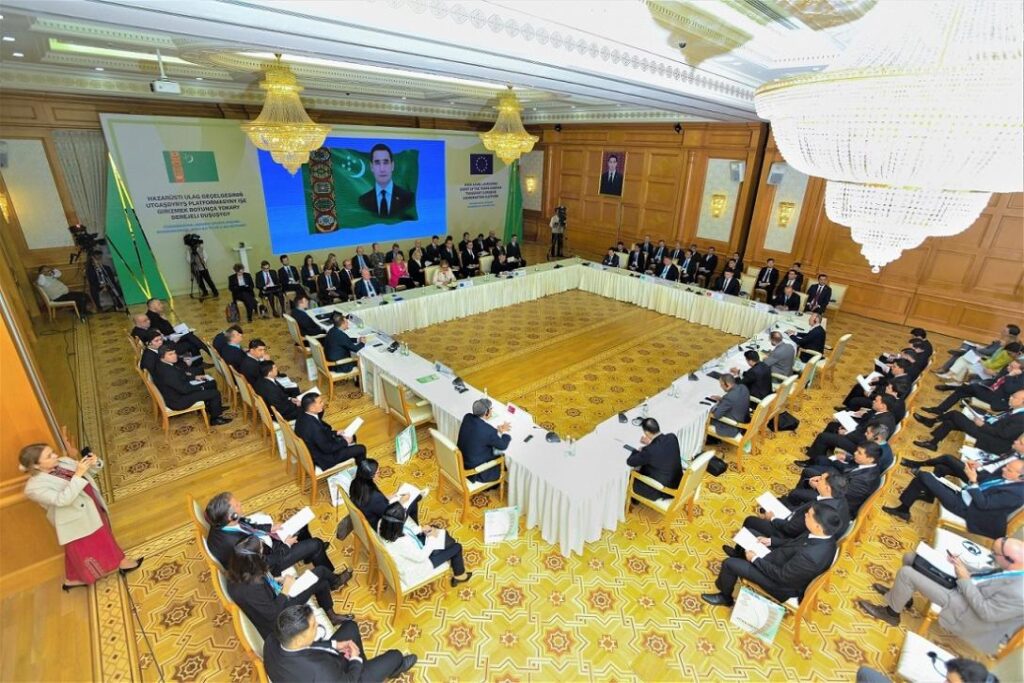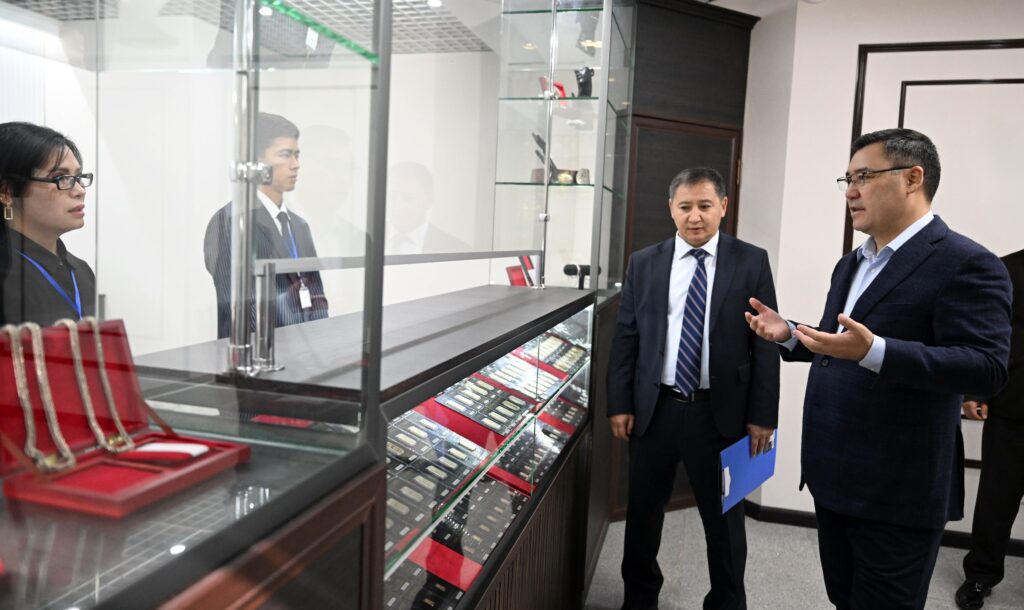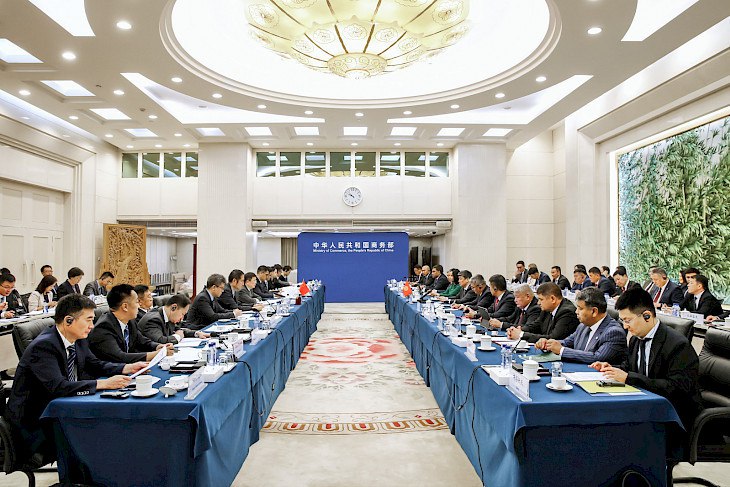BISHKEK (TCA) — The decision of the European Union to grant GSP+ status to the Kyrgyz Republic opens up new potential of economic relations between the two partners and offers opportunities for Kyrgyzstan to increase and diversify its export and strengthen its economy, the European Union’s Delegation to the Kyrgyz Republic said on February 2.
The GSP+ is a component of the EU Generalised Scheme of Preferences (GSP) for developing countries. It offers additional trade incentives to countries that already benefit from GSP and that ratify and implement core international conventions on human and labour rights, sustainable development and good governance.
The GSP+ enhanced preferences mean full removal of tariffs on more than 6000 product categories, a step forward from the GSP scheme. Kyrgyz exporters will be able supply to the European Union at zero tariff rate agricultural products such as fruits, processed fruits (canned, juice), dried fruits (walnuts, almonds, pistachios), food products, tobacco, and textiles, felt products, clothing, including leather, and carpet. This is a unilateral measure taken by the European Union; the customs tariffs imposed by Kyrgyzstan on imports from the European Union will remain in place.
On the occasion of the entering into effect of the decision, Cesare de Montis, Head of EU Delegation to the Kyrgyz Republic, emphasised that strengthening the economy and improving the investment climate is one of the priority goals of bilateral cooperation. Granting GSP+ is a welcome step in this direction.
On 25 November 2015 the European Commission adopted proposal to grant GSP+ to Kyrgyzstan. After consideration by the Council and the European Parliament, the EU Regulation granting GSP+ to Kyrgyzstan was published in the Official Journal of the EU on 26 January 2016, and came into effect on 27 January 2016.
While there is every reason to celebrate this milestone in EU-Kyrgyzstan relations, the GSP+ regime calls for Kyrgyzstan to fully implement its commitments under 27 international conventions on human rights, good governance, labour and environmental standards.









